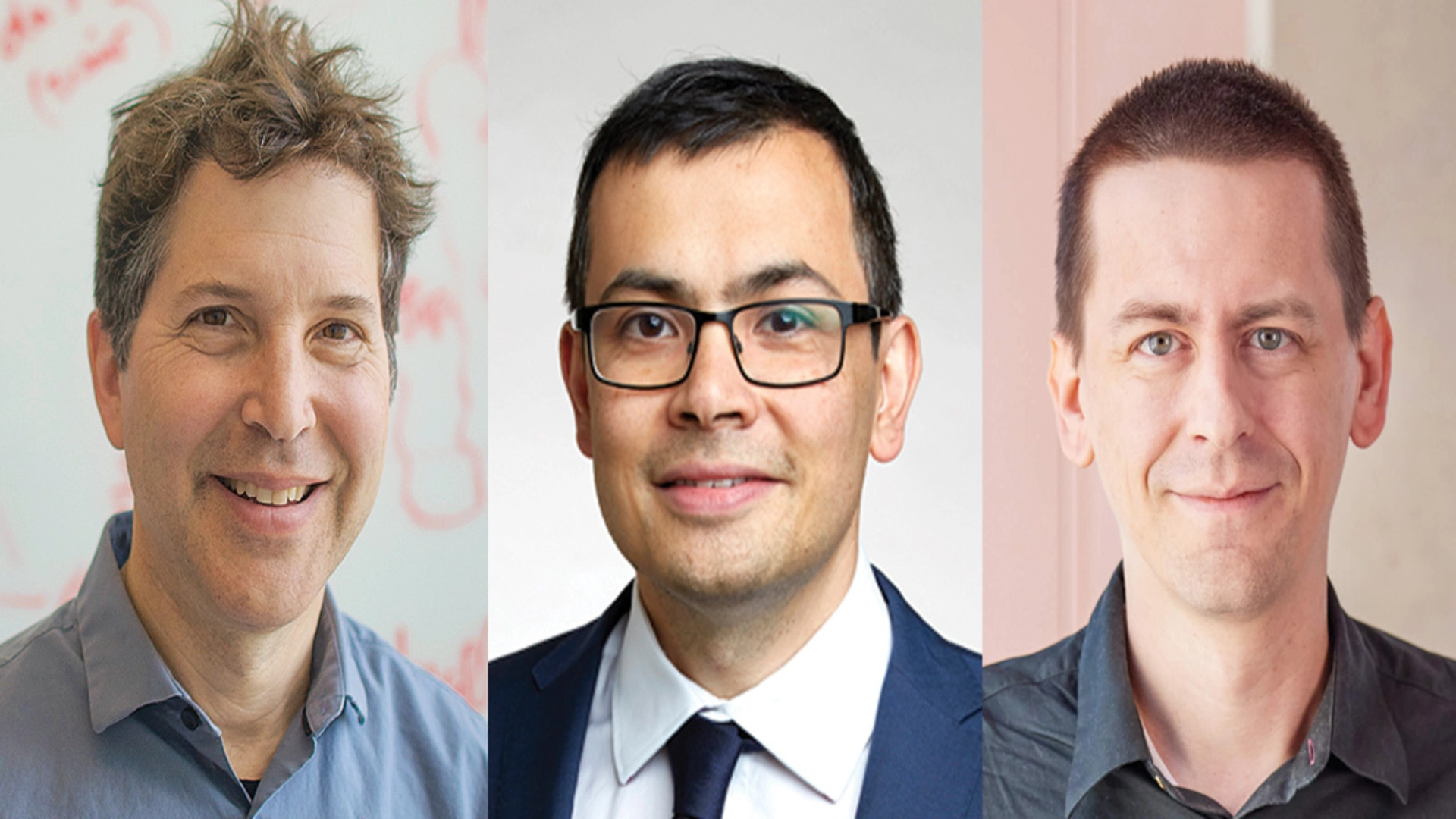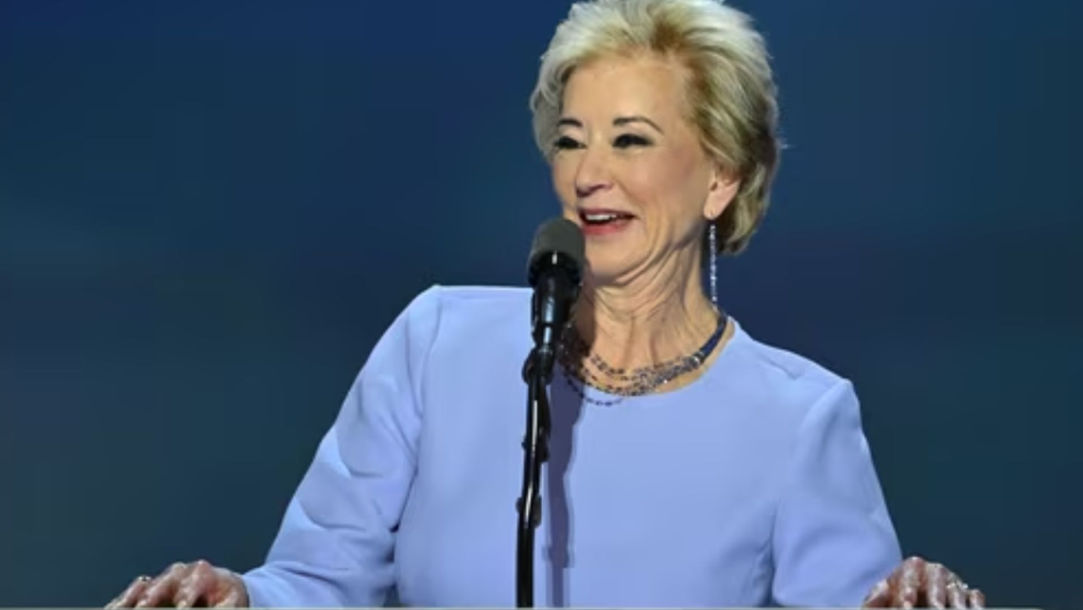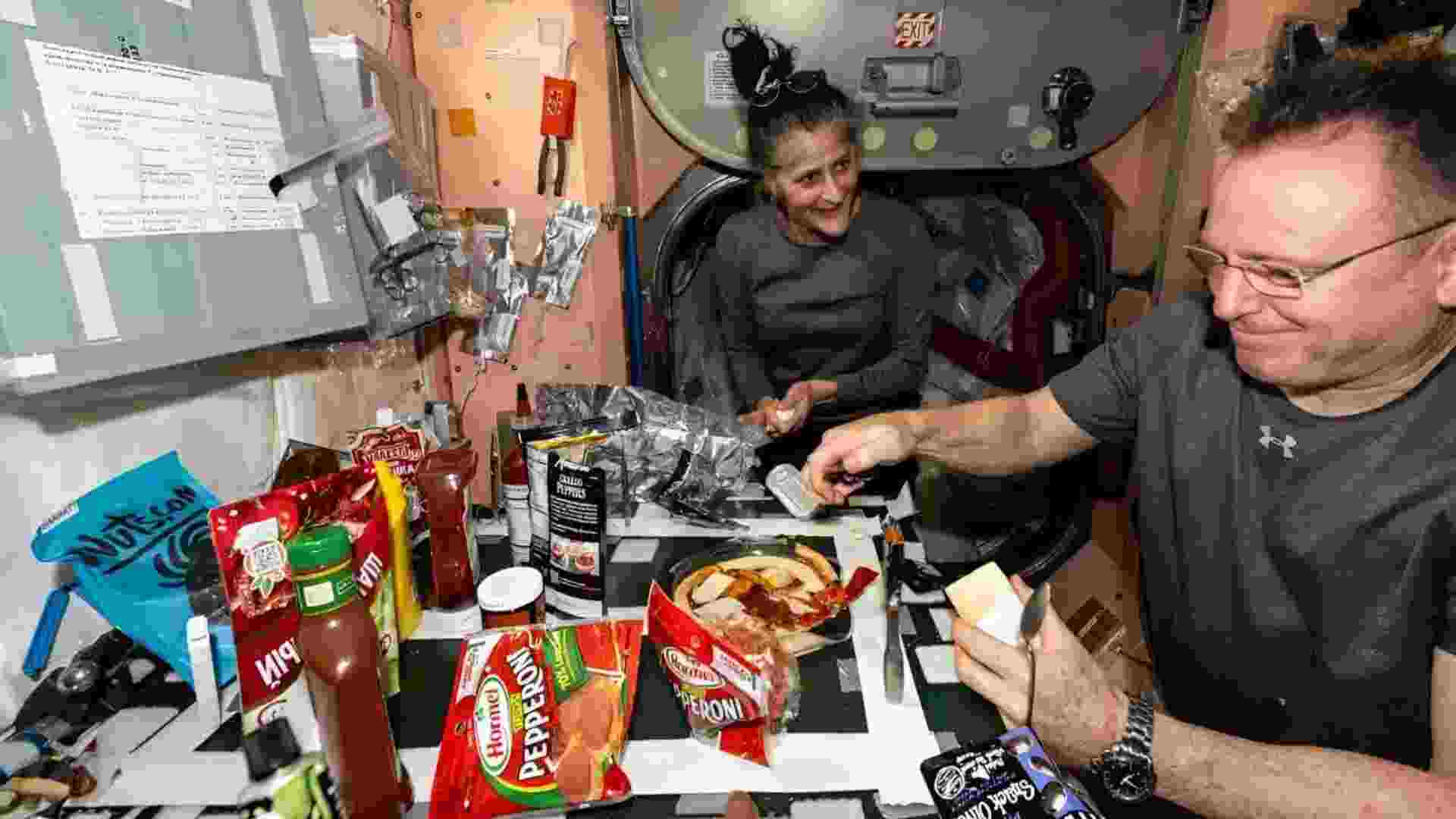
The 2024 Nobel Prize in Chemistry was awarded to David Baker, Demis Hassabis, and John M. Jumper, recognizing their groundbreaking advancements in protein science. The Royal Swedish Academy of Sciences, which bestows the prize, highlighted that Baker was honored for his work in “computational protein design,” while Hassabis and Jumper were jointly recognized for their achievements in “protein structure prediction” through the development of artificial intelligence (AI).
Baker, a professor at the University of Washington, Seattle, has been instrumental in the design of entirely new proteins, a feat that holds vast potential for the development of pharmaceuticals, vaccines, and materials like nanomaterials and tiny sensors. His research, since 2003, has led to innovative protein designs that are now being explored in medical and industrial applications.
On the other hand, Demis Hassabis and John M. Jumper, from Google DeepMind, were awarded for creating the AlphaFold2 AI model. This model, introduced in 2020, revolutionized a long-standing scientific challenge: predicting the 3D structure of proteins based on their amino acid sequences. This breakthrough is seen as a game changer, as AlphaFold2 has now mapped out the structure of nearly all the 200 million proteins known to scientists. Since its introduction, the model has been accessed by over two million users across 190 countries, assisting in areas such as understanding antibiotic resistance and designing enzymes capable of breaking down plastics.
Heiner Linke, Chair of the Nobel Committee for Chemistry, described the achievements as milestones in scientific history, stating, “One of the discoveries involves the creation of extraordinary proteins. The other fulfills a 50-year-old dream: predicting protein structures from amino acid sequences”.
Also read: Nobel Honours AI Pioneers Hopfield, Hinton
The laureates will share a prize of 11 million Swedish kronor, with Baker receiving half and Hassabis and Jumper splitting the other half. Their work not only sheds light on the intricate chemistry of life but also opens the door to future innovations in biology and medicine.















